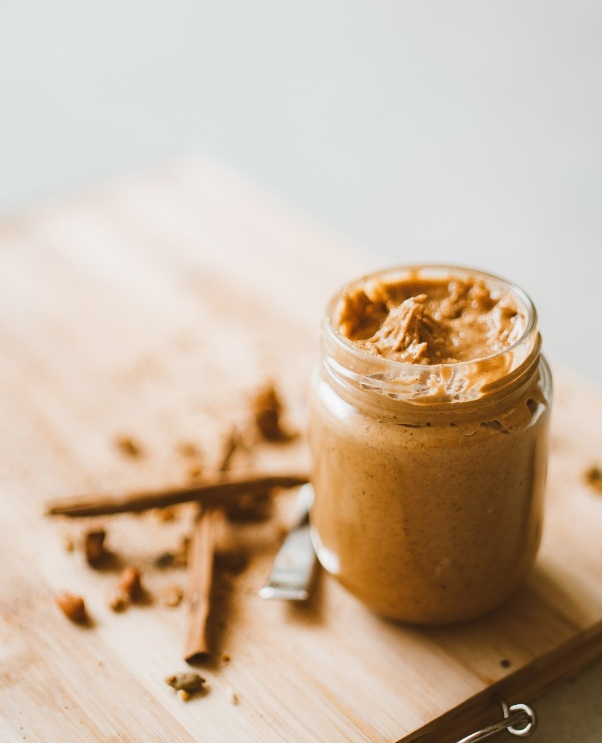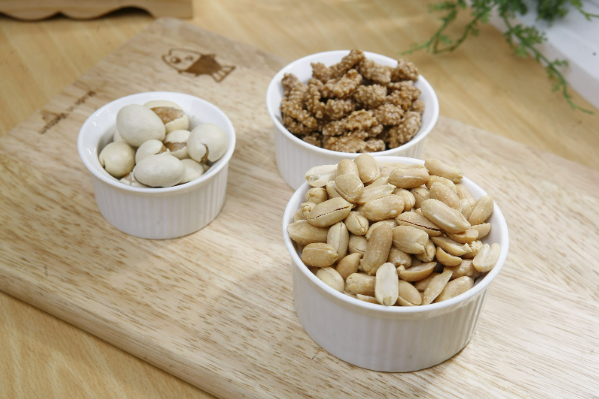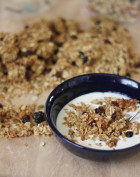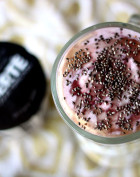Is Peanut Butter Healthy? Here’s What We Know
A protein-rich spread with widespread appeal is peanut butter. It is made by blending ground peanuts into a paste, which are frequently first toasted. The final product has several nutrients that could improve health.
However, while buying peanut butter, it’s crucial to check out the label.
The nutritional value of several brands today may be diminished by the addition of substances like trans fats, sugar, and vegetable oil.
Natural peanut butter is accessible online and at specialized food stores. Choose a product with just a little salt as the only component. By pulsing peanuts in a good food processor to the right texture, you may easily manufacture peanut butter at home.
Checking out the Nutritional Information of Peanut Butter
A serving of peanut butter with two tablespoons has about 207 calories. The constituents of this calorie level include:
- 18 grams fat
- 9 grams of protein
- 6.g of carbohydrates
- 1 gram of sugar
- 3 grams of fiber
In peanut butter, one can also find:
- Manganese
- Vitamin E
- Magnesium
- Niacin (B3)
- Vitamin B6
Additionally, peanut butter represents a wonderful copper source, a mineral that is actively supporting the health of our blood vessels, immune system, and bones. According to research, eating a diet high in copper may reduce your risk of heart disease and osteoporosis.
Understanding the Health Benefits of Peanut Butter
A concentrated source of nutrition with potential health advantages is peanut butter. Consuming peanuts daily can easily cut the chance of dying from any cause by 20% approximately and the likelihood of developing heart issues by 38%.

Pexels.com
However, even though they comprise healthy fats, eating many peanuts might be harmful because they are high in calories. To prevent unintended health complications or weight gain brought on by an excessive fat intake, moderate the intake. Health advantages of peanut butter include:
Enhancing Heart
The Oleic acid represents a major fat in peanut butter. It has been actively demonstrated to aid in maintaining healthy blood pressure, cholesterol, and blood sugar when it is actively substituted for other kinds of fats in your diet. The risk of heart complications can be decreased by controlling these major levels in your body.
Anti-Cancer Features
Antioxidants like manganese, vitamin E, and B vitamins are abundant in peanuts. By preventing and repairing cell damage in your body, these substances can lower the risk of developing illnesses. The Coumaric acid represents peanut butter’s most potent antioxidants, and study actively shows that roasting peanuts just before preparing butter, actively increases its effectiveness by 22%.
Additionally, it comprises resveratrol, an antioxidant having anti-cancer properties as well as potential to effectively reduce the risk of heart disease, cognitive decline, and obesity.
Support for Weight Management
The polyunsaturated and monounsaturated fatty acids found in the peanut butter are considered to be good fats. When included in an individual’s healthy diet, these fats are actively linked to a lower risk of obesity and weight gain.

Pexels.com
The longer it takes for our bodies to digest foods rich in protein, fiber, and healthy fats, such as peanut butter, can help us feel much content for a longer period and actively lower our risk of eating beyond normal. Although maintaining a healthy weight requires a good diet and way of life, research indicates that peanuts can help with these objectives.
Checking out the Possible Dangers of Peanut Butter
Although it contains many different nutrients, peanut butter is also high in fat and calories. Although peanut butter’s beneficial fats are nourishing, you should only eat a small amount of them to prevent overeating and serious health issues. Commercial brands of peanut butter may include extra sugars, fats, and oils. Look for all-natural kinds of peanut butter products without extra additions for the highest health advantages.
If you hold up your consumption of peanut butter to the right level, it can be a terrific addition to the diet. The following represents a few health hazards of peanut butter:
Almond Allergy
Some individuals have peanut allergies, which in rare circumstances can be fatal. If you have a serious peanut allergy, stay away from all products related to peanuts.
High Calorie Intake
Per serving, peanut butter comprises a lot of calories. To prevent unwelcome gain of weight, watch your meal sizes.
Major Deficiencies in Minerals
Because of their high phosphorus content, peanuts may reduce your body’s ability to actively absorb other minerals like iron and zinc. A diet high in phosphorus might exacerbate a mineral deficiency if you already have one.
What Are the Possible Alternatives to Peanut Butter Which Are Considered Healthier?
Some of the best alternatives to peanut butter include:
Mackerel Nut Butter
Macadamias have the most healthful fats of any kind of nut, while having more calories than peanuts.
Walnut Spread
Walnuts have fewer fat and calories than peanuts and are an excellent source of both omega-6 and omega-3 fatty acids.
Final Reflections
Peanut Butter contains a good amount of minerals and is a good source of protein. It also has a ton of fiber, vitamins, and minerals, yet these nutrients don’t appear as important when compared to the large calorie content. It is acceptable to include little amounts of peanut butter in a balanced diet. However, the primary issue with peanut butter is how difficult it is to avoid eating it.
It is unlikely that regular eating of peanut butter will have any significant adverse effects. Avoiding sugary soda, trans fats, and other highly processed foods is more crucial than ever. You could check online to find out more about peanut butter.














Leave a Reply